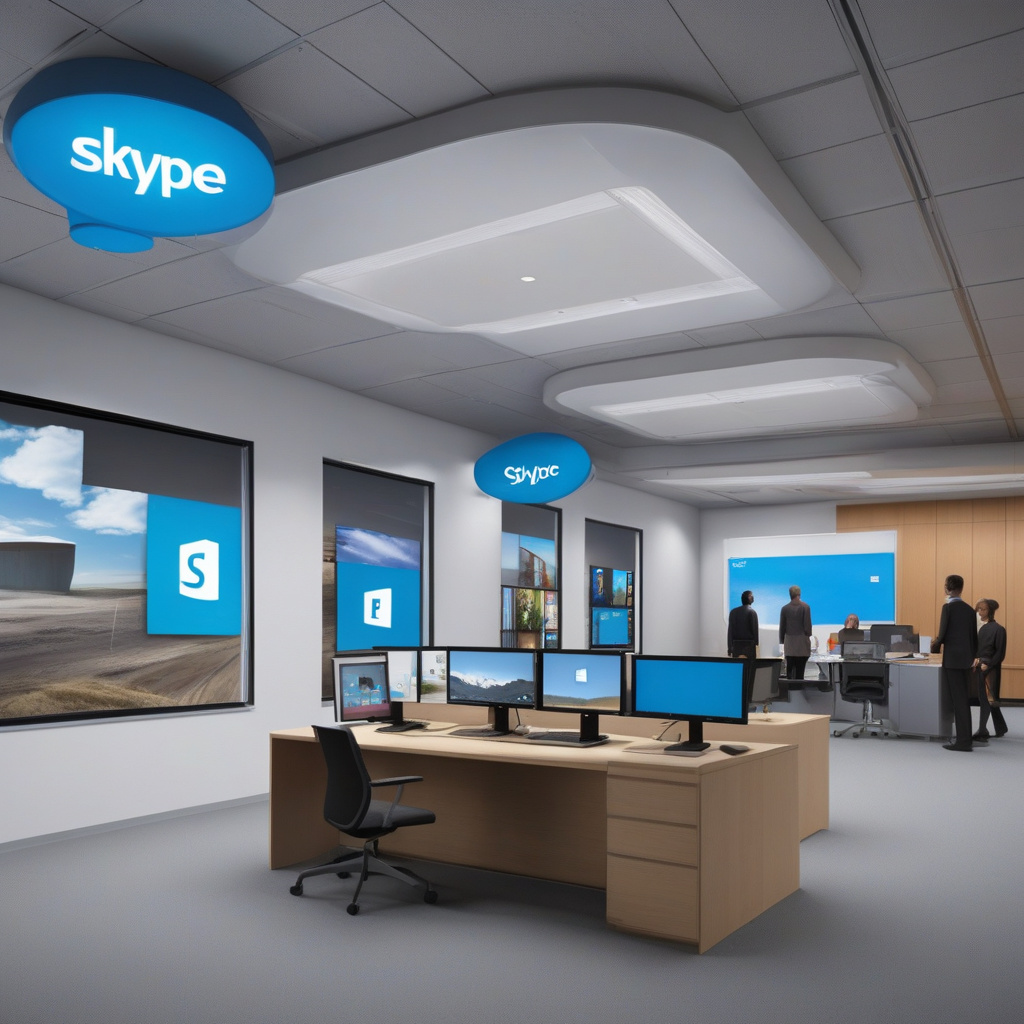Microsoft Makes It Official: Skype Is No More
In a move that has been looming since February, Microsoft has now officially pulled the plug on Skype, the once-revered communications platform. Users who try to access any of Skype’s services will now be redirected towards Microsoft Teams, marking the end of an era for Skype enthusiasts.
Back in 2011, Microsoft made waves by acquiring Skype for a whopping $8.5 billion, with the intention of replacing its own Windows Live Messenger. This strategic move was aimed at consolidating Microsoft’s presence in the digital communication space, leveraging Skype’s established user base and technology.
Founded in 2003 by Niklas Zennström and Janus Friis, Skype revolutionized the way people communicated by popularizing video calls. However, with the proliferation of video call features across various platforms over the years, Skype gradually lost its competitive edge.
The integration of Skype with Microsoft Teams began in 2017, signaling a shift towards a more unified communication ecosystem. This transition gained further momentum during the COVID-19 pandemic, which forced organizations worldwide to embrace remote work setups, thereby highlighting the need for robust digital collaboration tools like Microsoft Teams.
The demise of Skype underscores the relentless pace of technological evolution and the imperative for companies to adapt to changing market dynamics. While nostalgic users may mourn the loss of Skype, Microsoft’s strategic decision to streamline its communication offerings demonstrates a commitment to innovation and staying ahead in a rapidly evolving digital landscape.
As the digital realm continues to evolve, embracing platforms like Microsoft Teams that offer seamless integration, advanced features, and enhanced security is crucial for organizations seeking to enhance their productivity and connectivity in an increasingly virtual work environment. Microsoft’s move to retire Skype in favor of Teams serves as a testament to the company’s agility and responsiveness to market trends, setting the stage for a more cohesive and efficient digital collaboration experience.

